WeC Recruitment Postcard (EOD Specialists)
The ICRC works in many war-affected countries to prevent and mitigate the effects of weapon contamination. Its activities include operating its own programmes to identify hazards, assess risks and …
The ICRC works in many war-affected countries to prevent and mitigate the effects of weapon contamination. Its activities include operating its own programmes to identify hazards, assess risks and …
The ICRC works in many war-affected countries to prevent and mitigate the effects of weapon contamination. Its activities include operating its own programmes to identify hazards, assess risks and …
The ICRC works in many war-affected countries to prevent and mitigate the effects of weapon contamination. Its activities include operating its own programmes to identify hazards, assess risks and …
The trauma of displacement, the debilitating pain of polio and the scars of discrimination are not visible when Noor Islam Amirzai, part of Afghanistan’s national cricket team for people with …
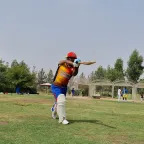
… that the young people have a chance to find jobs and earn some sort of income. I try my …
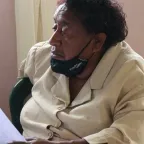
… of a few people who are already doing these jobs. Our economic security programmes help …
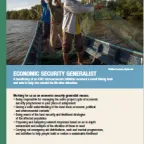
This review of the Physical Rehabilitation Programme’s worldwide activities in 2021 provides an illustrated, region-by-region overview of how the ICRC helps people with disabilities participate fully …

The Beddawi camp for Palestinian refugees in northern Lebanon is one of the country's largest, with a population of 30,000, and the war in Syria has brought a surge in numbers. The area is one of …

Growing up, Nazanin Haidary, now a 25-year-old, resented any attention being drawn to her hand which was deformed since birth. She neither wanted to answer any questions about why her hand was the …
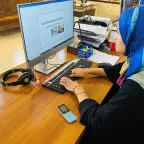
Astan Agrba, Sukhum/i “As an archaeologist I have gained invaluable practical experience with the ICRC in exhuming human remains. The process includes searching for potential burial sites, proper …
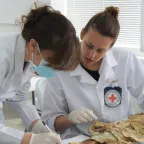
Try one of the following resources:
Created in 1863, the ICRC library, alongside the ICRC archives, provides an indispensable documentary reference on the organization itself and international humanitarian law.
International humanitarian law is based on a number of treaties, in particular the Geneva Conventions of 1949 and their Additional Protocols, and a series of other instruments.
Customary international humanitarian law consists of rules that come from "a general practice accepted as law" and that exist independent of treaty law.